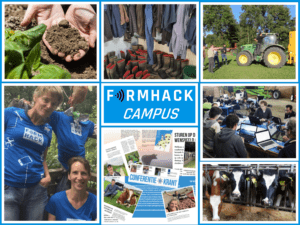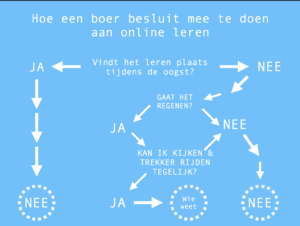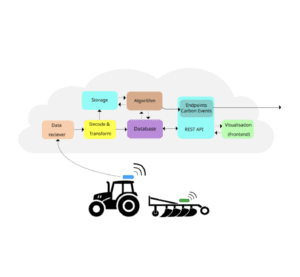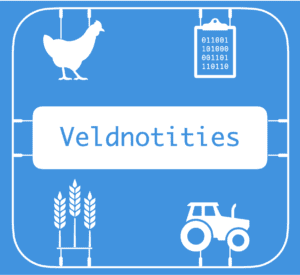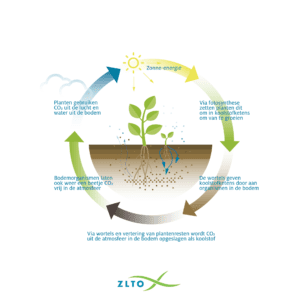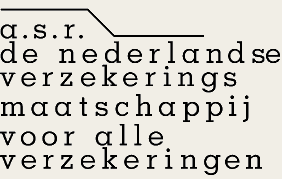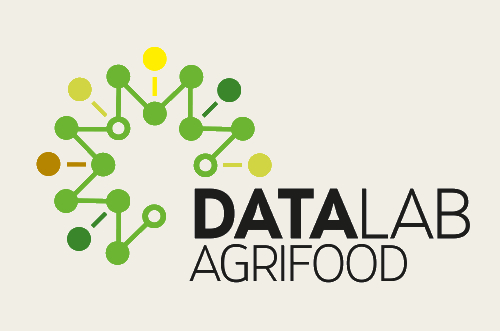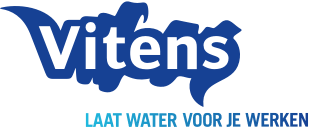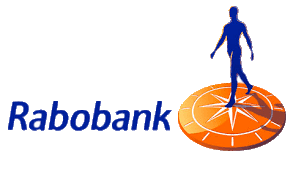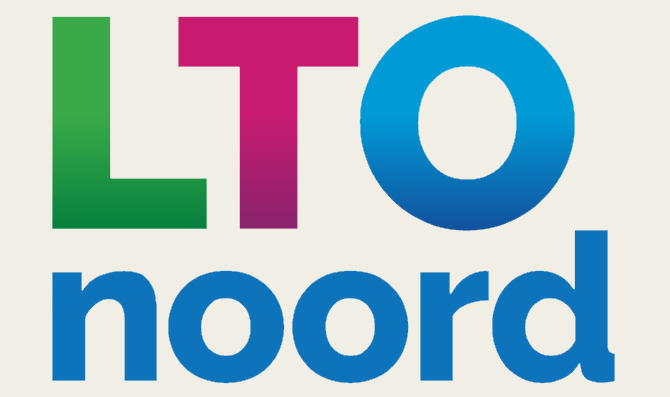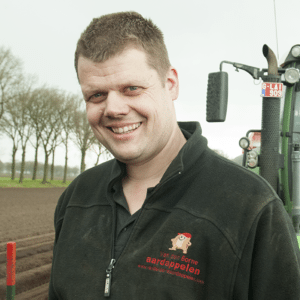
Door Anne Bruinsma
geodata on a potato farm
Hacking 40 GB of hyper accurate geodata on a potatofarm
In June and July this summer a series of on-farm hackathons was organised in the Netherlands, an initiative supported by Godan. Three dedicated teams consisting of coders, hackers and designers worked for 32 hours on specific challenges of individual farmers. In a series of blog posts we present the challenges and results of the four FarmHacks. First up: a FarmHack dedicated to datavisualisation, the visual representation of data, and data automation, the process of automatically recording, communicating, and processing data, to help a large potato farmer in the South to get the most out of all his precision ag data.
FarmHack.NL: on-farm hackathons in the Netherlands
FarmHack.NL is a Dutch partnership that is building a rich and divers ecosystem around farmers consisting of tech savy coders, creative designers and committed business developers. We want to take an open, agile and a farmer-centric approach to problem solving and innovation in agriculture, and make food and agriculture attractive for a wide range of creative tech minded entrepreneurs and help farmers gain more actionable insights from their data by e.g. sharing it with others.
Godan supports the proactive sharing of open data to make information about agriculture and nutrition available, accessible and usable. They share FarmHack.NL’s mission to encourage collaboration and cooperation between stakeholders for data and tech-driven innovation in agriculture. As such they are one of the strategic partners of the initiative and also made some funds available to document the proceedings of the hackathons.
We organised the on-farm hackathons as competitions where three dedicated and interdisciplinary teams were invited to tackle challenges of individual farmers and to come up with data and tech driven solutions. In a short amount of time the participants design, combine and implement data-driven hard- and software solutions. Hackathons make for a highly energetic and effective pressure cooker setting, as teams go beyond idea generation and actually build working prototypes. The energy and commitment of smart and creative people to the future of our food is amazing. It is also useful to have prototypes that bring tangible and smart solutions to our fingertips.
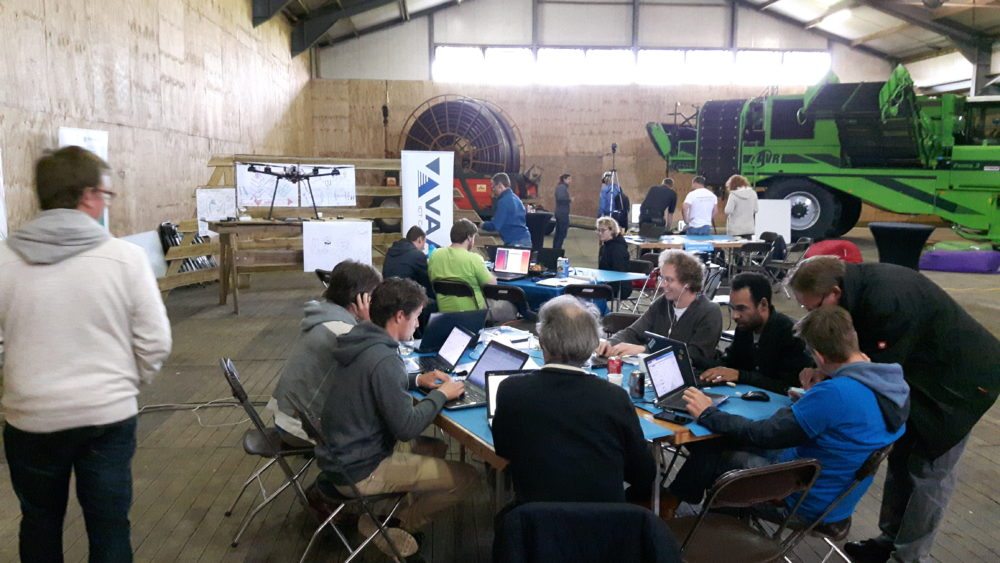
Challenge
The first FarmHack took place at the farm of Jacob van den Borne, a potato farmer in the south that produces large amounts of high quality precision agricultural data. He made 40GB of hyper accurate (geo)data available for the FarmHack. The main challenge was twofold. Firstly, Jacob is looking for ways to visualize his data, in order to make data more actionable on-farm and in the field, as at this stage much of his precision ag data is stored and locked in static databases on desktop computers. Secondly, data generation and the consequent data handling is costing him and his fellow farmers a lot of time and effort. So there is an urgent need for data automation, where you use technology to automate the the process of recording, communicating, and processing data.
FarmHack Results
The winning team worked on software to program a on-machine camera to take automated pictures of points of interest in the field. The application allows a farmer to take pictures of problem areas in his field, with a push on a button in his tractor while driving the field. From that moment on, every time he passes that problem area, a picture is taken and automatically transported and stored. The farmer ends up with visual documentation, both for his personal record keeping but also to easily share with third parties (advisors, colleagues). The second team worked on statistical analysis of farm data and app with an easy interface to visualise the results and allow Jacob to have access to the results while working in the field. The third team explored the possibilities of virtual reality, to allow Jacob to share data in a very intuitive and attractive manner with other stakeholders such as neighbours, local government and NGO’s. This sharing of data would allow for interactive and data driven collaboration. The team managed to demo the possibilities of presenting farmdata in Unity 3D: they used the HTC Vive SDK to walk on his fields without physically going there (HYPERLINK: https://www.youtube.com/watch?v=PwIz82sTAnM)
Farmer Jacob: “I hope to continue working on all three solutions that have been programmed today. The camera is a great idea, and the visualization is very practical. The virtual reality solution, that will allow me to involve society at large is definitely going to make a difference, I’m convinced of that”


